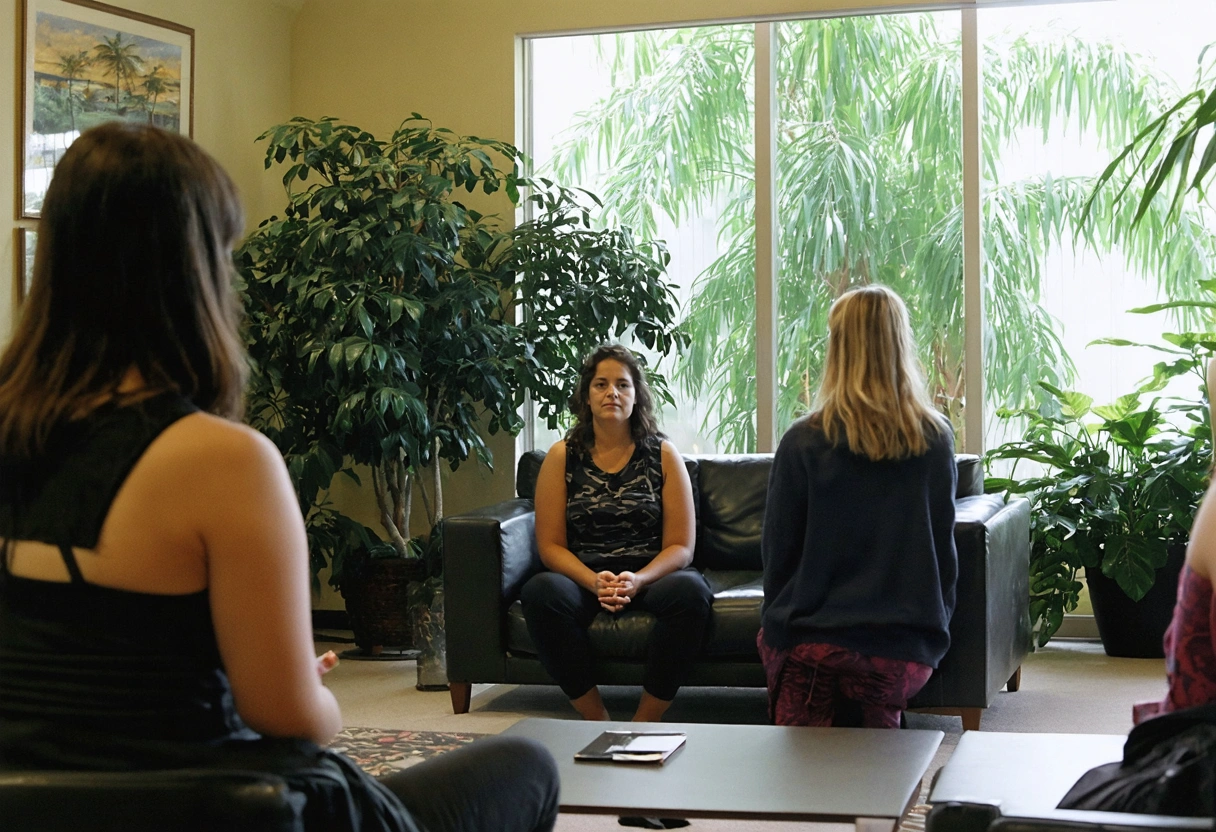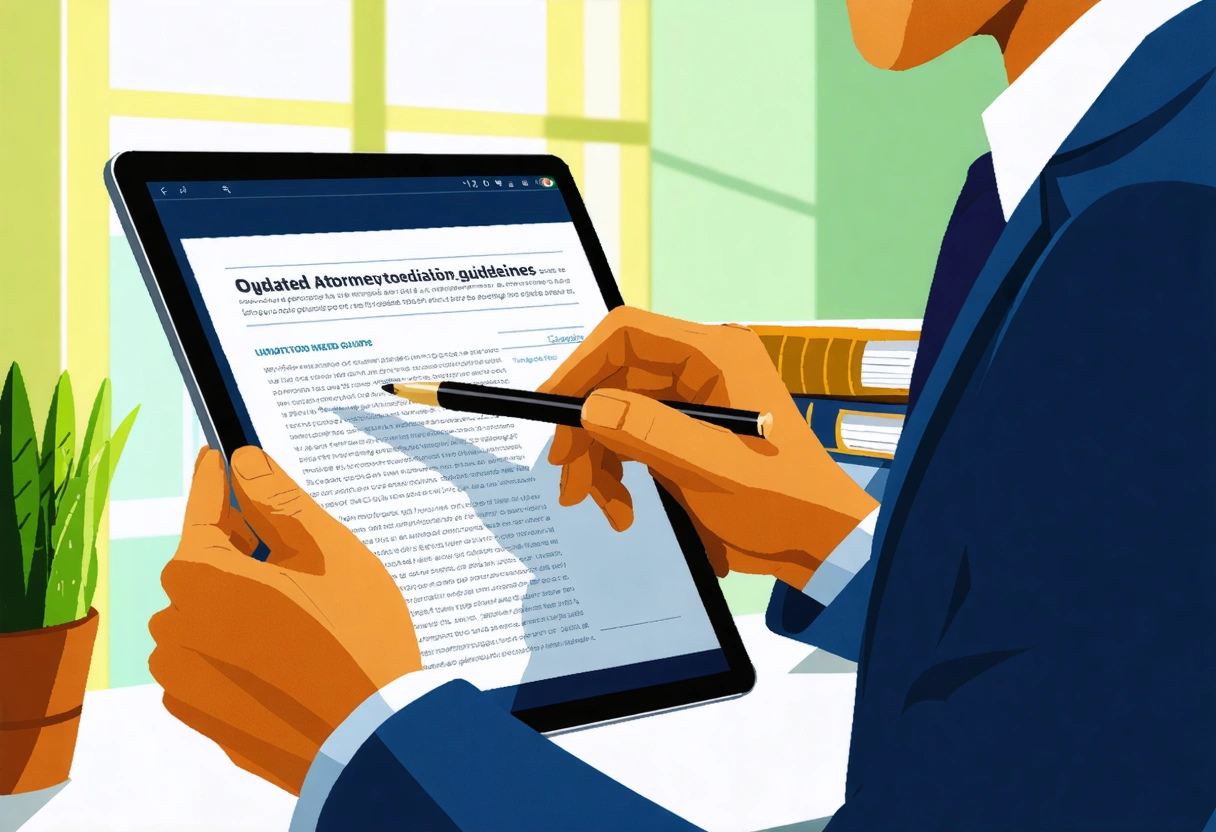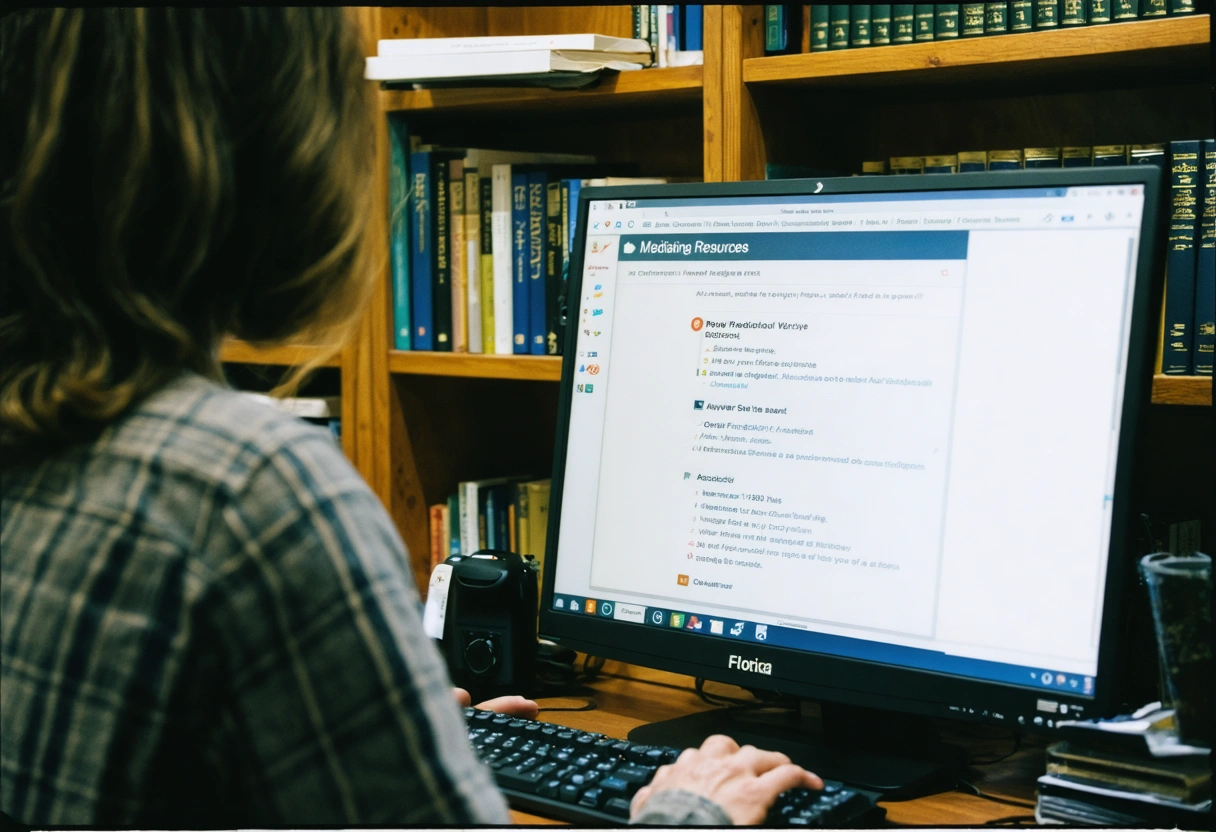Understanding the Impact of Recent Changes in Florida’s Mediation Laws
Florida has long been a leader in alternative dispute resolution, particularly mediation. Over the past several years, mediation has become a cornerstone of the state’s civil litigation process, offering parties a cost-effective and efficient alternative to protracted courtroom battles. However, recent legislative changes have significantly altered the landscape for mediators, attorneys, and parties involved in civil disputes. Understanding these updates is crucial for legal professionals, business owners, and individuals navigating the dispute resolution process in Florida.
In this comprehensive guide, we will explore the recent modifications to Florida’s mediation laws, discuss how these changes affect various stakeholders, and provide insight into the broader implications for the state’s legal industry. We’ll also examine best practices for adapting to the new regulatory environment and offer resources for further learning.
The Foundation of Mediation in Florida
Mediation has long been recognized as an effective means to resolve conflicts outside of traditional courtroom settings. In Florida, the Florida Supreme Court has established clear guidelines and standards for mediators, ensuring that the process remains fair, confidential, and accessible. The state’s strong emphasis on mediation has helped streamline the judicial system, reduce caseloads, and foster amicable settlements.
Traditionally, Florida courts have encouraged or even mandated mediation for a wide range of civil cases, from family law disputes to business litigation. The process involves a neutral third-party mediator who facilitates negotiations between the parties, guiding them toward a mutually acceptable resolution. While the mediator does not impose a solution, their role is pivotal in clarifying issues, identifying interests, and fostering productive communication.
Key Changes in Florida’s Mediation Laws
In recent legislative sessions, Florida has enacted several substantial changes to its mediation statutes and administrative rules. Some of the most notable amendments include adjustments to mediator qualifications and training requirements, updates to confidentiality rules, and modifications to the procedures governing court-ordered mediation.

One of the most significant updates involves the expansion of required mediation in certain types of civil cases. For example, recent amendments now mandate mediation for a broader range of disputes, such as select landlord-tenant matters and some insurance-related claims. The intent is to facilitate earlier settlements and alleviate pressure on the state’s overburdened court system.
Another key development is the refinement of mediator ethical standards. The updated rules place greater emphasis on impartiality, transparency, and disclosure of potential conflicts of interest. Mediators are now required to complete enhanced training modules that address cultural competency and trauma-informed practices, reflecting the evolving needs of Florida’s diverse population.
Finally, procedural changes have clarified the role of virtual mediation sessions in the wake of the COVID-19 pandemic. Courts and parties are now given clear guidelines for conducting remote mediation, ensuring that technology is leveraged to maintain access to justice while safeguarding due process and confidentiality.
Implications for Legal Professionals
Attorneys and legal professionals must adapt to the shifting landscape by staying abreast of the latest statutes, administrative rules, and best practices. The expanded mediation requirements mean that lawyers must be prepared to counsel clients through the mediation process earlier in the litigation timeline. This necessitates a deeper understanding of negotiation strategies, client preparation, and the nuances of the new rules.
The enhanced mediator training standards also present opportunities and challenges for those seeking to enter or remain in the mediation field. Legal professionals interested in becoming certified mediators must now complete additional education and demonstrate a clear understanding of the updated ethical guidelines. For existing mediators, ongoing professional development is essential to maintain compliance and deliver high-quality service.
Moreover, the increased use of remote mediation platforms requires attorneys to familiarize themselves with technology and adapt their advocacy techniques accordingly. Understanding the logistics of virtual sessions, from ensuring secure communications to managing client expectations, is now a core competency for Florida practitioners.

Impact on Businesses and Individuals
For businesses operating in Florida, the changes to mediation laws present both opportunities and obligations. The broader mandate for mediation in commercial disputes can help companies resolve conflicts more quickly and preserve important business relationships. For example, small businesses facing contract disputes may benefit from faster, less adversarial resolutions, reducing legal expenses and operational disruptions.
Individual litigants, such as homeowners or tenants, also stand to benefit from the expanded scope of mediation. Mandatory mediation in certain landlord-tenant and insurance cases can provide a more accessible route to justice, particularly for those who may be intimidated by traditional litigation. The focus on cultural competency and trauma-informed practices ensures that mediation is responsive to the needs of all participants, regardless of background or circumstance.
However, these benefits come with responsibilities. Parties must be proactive in understanding their rights and obligations under the new laws, including the potential consequences of non-compliance. For instance, parties that fail to participate in mandatory mediation may face court-imposed sanctions or delays in legal proceedings.
Confidentiality and Privacy: Evolving Standards
One of the core tenets of mediation is confidentiality, which encourages open dialogue and candid negotiation. Recent changes to Florida’s mediation laws have refined the rules governing the confidentiality of mediation communications. These updates clarify the circumstances under which mediation communications may be disclosed, such as in cases of threats to public safety or evidence of criminal activity.
The new standards also address the unique challenges posed by remote mediation. Secure communication platforms and data protection measures are now required to ensure that virtual sessions maintain the same level of privacy as in-person meetings. Both mediators and parties must take steps to safeguard sensitive information, including using encrypted video conferencing tools and implementing robust privacy protocols.

For a deeper understanding of confidentiality in mediation, the American Bar Association’s guide to mediation confidentiality serves as a valuable resource.
Remote Mediation: A Permanent Fixture
The COVID-19 pandemic accelerated the adoption of remote mediation across Florida and the nation. What began as a temporary solution has now become a permanent fixture in the state’s dispute resolution landscape. The recent legal changes codify the use of virtual mediation, setting clear guidelines for participation, documentation, and technical requirements.
Remote mediation offers several advantages, including increased accessibility for parties who may be geographically dispersed or face mobility challenges. It also allows for more flexible scheduling, potentially reducing delays and costs. However, virtual mediation presents new challenges, such as ensuring all parties have reliable internet access and are comfortable with the technology.
The Nolo guide to virtual mediation provides practical advice on navigating the technical and interpersonal aspects of online dispute resolution.
Best Practices for Navigating the New Mediation Landscape
To effectively adapt to the recent changes in Florida’s mediation laws, legal professionals, businesses, and individuals should consider the following best practices:
- Stay Informed: Regularly review updates from the Florida Bar’s Mediation Section and other reputable sources to ensure compliance with current rules and standards.
- Invest in Training: Mediators and attorneys should participate in ongoing professional development, focusing on areas such as cultural competency, confidentiality, and virtual mediation technology.
- Prepare Clients Thoroughly: Educate clients about the mediation process, their rights and responsibilities, and the potential outcomes of both successful and unsuccessful mediation.
- Prioritize Confidentiality: Implement secure communication protocols and educate all participants about the importance of privacy during mediation sessions, especially when conducted remotely.
- Embrace Technology: Develop proficiency with virtual mediation platforms and troubleshoot common technical issues in advance to ensure smooth proceedings.

Adopting these best practices will help ensure that all parties benefit from the efficiency, flexibility, and fairness that mediation can offer under the new legal regime.
The Broader Trends Shaping Dispute Resolution
The changes to Florida’s mediation laws are part of a broader movement toward modernizing dispute resolution across the United States. Other jurisdictions are also updating mediation statutes to reflect advances in technology, shifting societal norms, and the growing emphasis on access to justice. These trends are transforming the way conflicts are resolved, making alternative dispute resolution more integral to the civil justice system.
For example, the movement toward remote and hybrid dispute resolution models is gaining traction in many states. The increased focus on diversity, equity, and inclusion in mediator training is also influencing national standards. The Mediate.com article on the future of ADR explores these trends in greater detail and offers insight into the evolving role of mediation in American society.
Florida’s legislative updates serve as a microcosm of these larger shifts, demonstrating how local reforms can have ripple effects throughout the legal industry.
Resources for Further Learning

Given the complexity of recent legal changes, staying informed is essential. In addition to the links provided above, consider exploring the following resources:
- Florida Supreme Court Opinions Relating to Mediation
- Center for Court Innovation: Remote Mediation Lessons Learned
- Florida Bar Association publications and CLE seminars on dispute resolution
- Local law school clinics and programs focused on mediation and conflict resolution
Leveraging these resources can help you stay current with best practices, ensure compliance with new laws, and deepen your understanding of mediation’s role in Florida’s justice system.
Embracing the Future of Mediation in Florida
The recent changes to Florida’s mediation laws represent a significant evolution in the state’s approach to conflict resolution. By expanding the scope of mandatory mediation, enhancing mediator qualifications, and embracing technological innovation, Florida is setting a new standard for efficiency, fairness, and accessibility in civil justice.
Legal professionals, businesses, and individuals who proactively adapt to these changes will be better positioned to achieve favorable outcomes in disputes. By prioritizing education, embracing technology, and upholding the highest ethical standards, all stakeholders can contribute to a more effective and equitable mediation process.
As Florida continues to refine its legal framework, staying informed and engaged will be essential. The future of mediation in the Sunshine State is bright, offering new opportunities for collaboration, innovation, and resolution—both inside and outside the courtroom.
Need help with Understanding the Impact of Recent Changes in Florida’s Mediation Laws?

